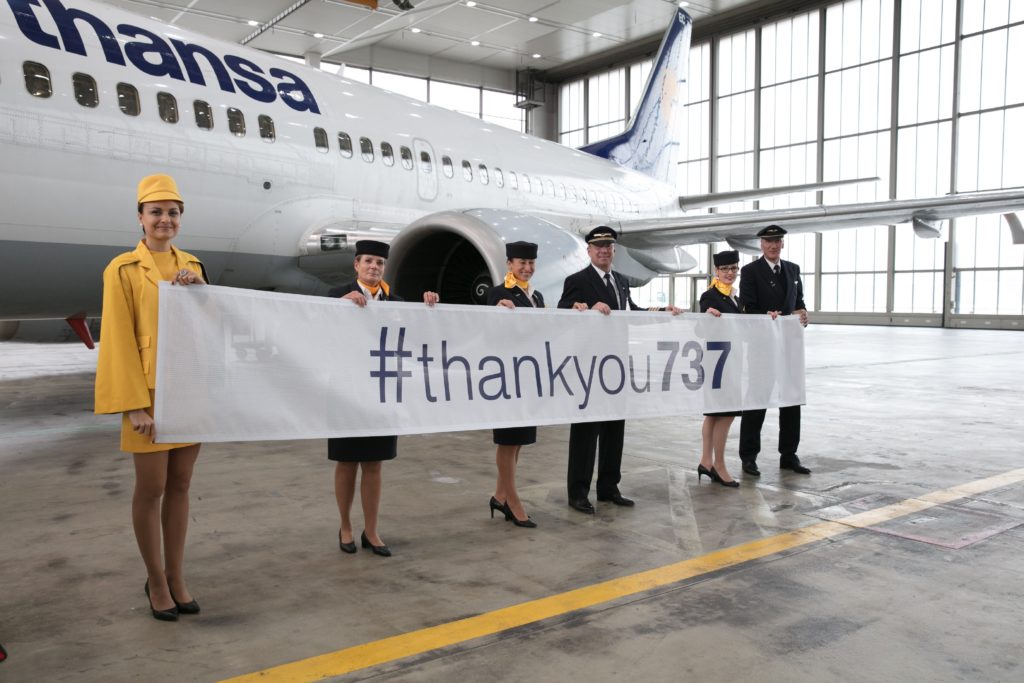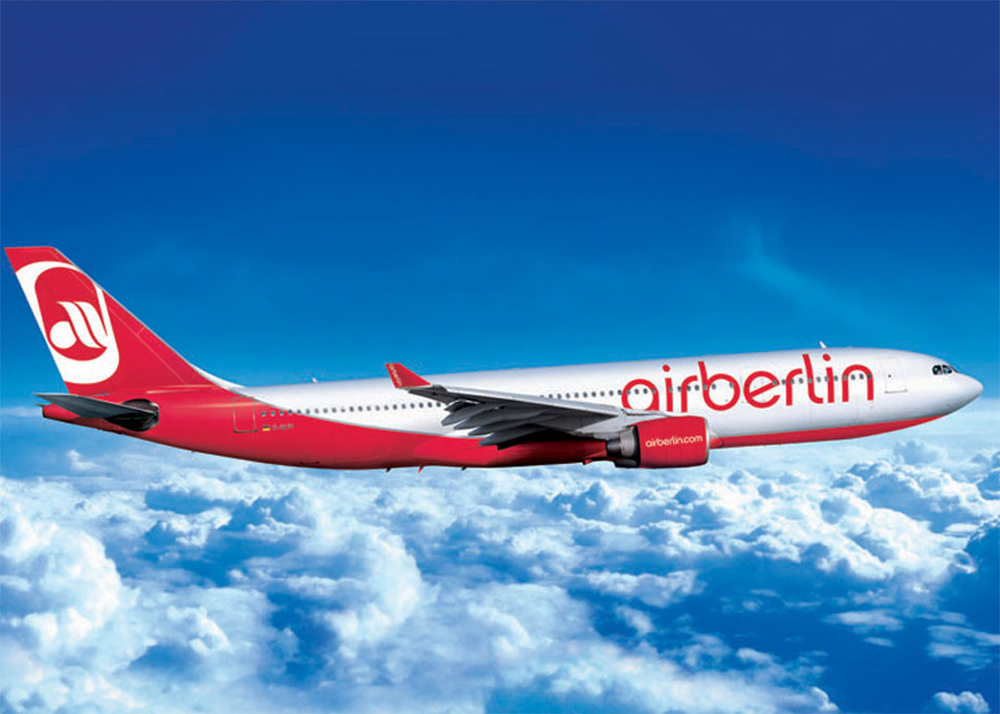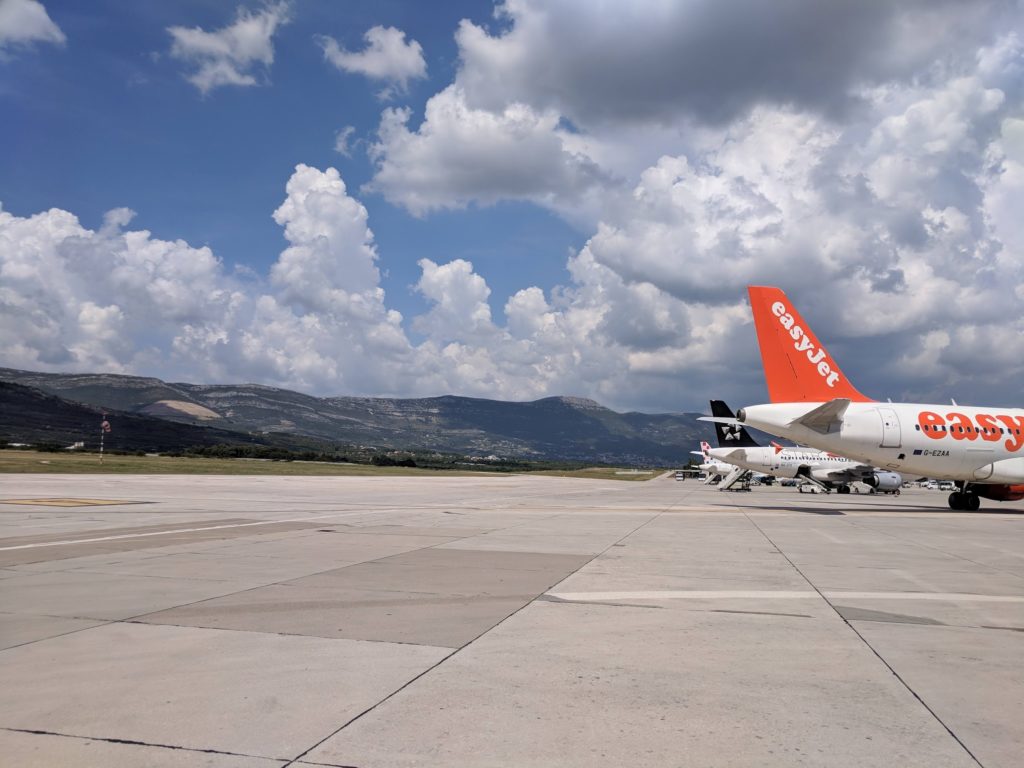Germany’s government is moving closer towards doubling taxes on short-haul domestic flights.
While the government says the move is designed to fight greenhouse gas emissions, it would also benefit German flag-carrier and European behemoth Lufthansa which has a virtual monopoly on flights within the country.

According to Bloomberg, the proposal is backed by Chancellor Angela Merkel’s ruling Christian Democrats along with their coalition partners, the Social Democrats.
It follows a proposal from a leading Christian Social Union (the Bavarian-affiliate of the ruling Christian Democrats) politician to implement a price floor on flights to promote train travel on short routes.

Air Berlin’s collapse in 2017 has given low-cost carriers like Ryanair and EasyJet a foothold in the German market which Lufthansa has struggled to fight off
Societies around the world are grappling with the ecological costs of flying. But this proposal also comes as Lufthansa is fighting off low-cost carriers who have gained a foothold in Germany following the collapse of Air Berlin.
According to BoardingArea’s Matthew Klint at Live and Lets Fly “the new tax might not only help Lufthansa on a short-term basis, but force another Ryanair retreat in Germany, which would further raise airfares and entrench Lufthansa as the monopoly carrier.”
He notes that the proposed regulation contains a loophole exempting connecting flights. That seems designed to benefit Lufthansa — a network carrier — over low-cost carriers like Ryanair, who only sell point-to-point flights.

EasyJet and Ryanair are giving Lufthansa a run for its money on its home turf in Germany
Investor-focused publication Seeking Alpha agrees, noting that the tax would “reduce Lufthansa’s disadvantage in the budget segment without affecting its premium long haul business. It would thereby help the company to fortify its home market.”
It’s still unclear whether the new regulation will pass. What do you think? Is the regulation designed to stop ecological damage from flying or benefit Germany’s home carrier?
The responses below are not provided or commissioned by the bank advertiser. Responses have not been reviewed, approved or otherwise endorsed by the bank advertiser. It is not the bank advertiser's responsibility to ensure all posts and/or questions are answered.
3 comments
I guess the big question is whether Ryanair could take this to court as anticompetitive or targeting a single airline or market segment. It sure looks that way.
Calling the tax anti-competitive is questionable. Calling the exemption of connecting flights a loophole is just objectionable.
On all point-to-point passengers, the playing field is level. Ryanair has to adhere to the tax just as Lufthansa and their subsidiary Eurowings have to. This supports train traffic, which is the aim of all the regulation.
Competition on connecting flights is, however, not within Germany. Instead of flying from Berlin to new york via Frankfurt, one flies via Amsterdam. Forcing higher taxes/ prices on the TXL-FRA leg will pose a competitive disadvantage for Lufthansa.
Why does the proposal not just raise passenger-taxes in all distance-classes by ~7 € compares to today?
Then it doesn’t matter if your connecting flight is in Frankfurt or
As I understand it it’s just domestic flights. So will they be taxed more than flights to other EU countries?